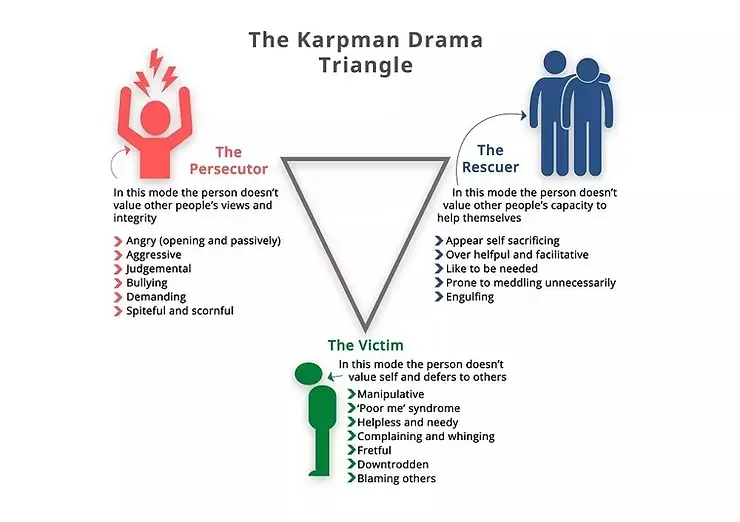The Hidden Impact of Mental Abuse
- Jason T

- Apr 21, 2024
- 3 min read
Updated: Nov 20, 2025

Understanding the Hidden Health Impacts of Mental Abuse: A Guide for Nursing Students
Abuse comes in many forms:
Mental abuse is one of the most insidious forms of harm, often leaving no visible scars yet causing profound damage to health and well-being. For nursing students, recognizing the signs of abuse and understanding its long-term consequences is essential for supporting patients in clinical practice.
What Is Mental Abuse?
Mental (or psychological) abuse involves patterns of manipulation, gaslighting, belittlement, or control designed to break down a person’s sense of self. Unlike physical abuse, it can be subtle and easily overlooked—but the consequences are far-reaching.
Key Characteristics of Mental Abuse:
Constant criticism or humiliation
Gaslighting (making a person doubt their reality)
Social isolation or control over relationships
Manipulative threats or intimidation

How Mental Abuse Affects Health
The impact of mental abuse extends beyond emotional suffering. Chronic exposure to psychological harm triggers the body’s stress response system, elevating cortisol and weakening the immune system. This can manifest as:
Physical Symptoms: headaches, digestive issues, fatigue, hypertension, cardiovascular risk
Mental Health Disorders: anxiety, depression, PTSD, suicidal ideation
Behavioral Changes: substance misuse, binge/purge eating, self-harm, aggression
The Connection Between Trauma and ADHD
Research highlights that trauma, especially in childhood, can mimic or worsen ADHD-like symptoms. Nursing students should be aware that behaviors often attributed to ADHD—such as impulsivity, difficulty concentrating, or restlessness—may also be rooted in unrecognized trauma from abuse, neglect, or violence.

Long-Term Consequences
Survivors of mental abuse often struggle with:
Low self-esteem and feelings of worthlessness
Difficulty maintaining employment or education
Distrust in relationships, leading to isolation
Increased risk of substance abuse or suicidal thoughts
For nurses, these presentations may appear in emergency, community, or psychiatric care settings. Recognizing abuse as a root cause is key to providing holistic care.
Supporting Survivors: The Nursing Perspective
Healing from abuse requires a multifaceted approach that combines community, professional, and healthcare interventions. As a future nurse, you can make a difference by:
Creating Safe Spaces: Offer empathy, validation, and active listening.
Encouraging Professional Help: Refer to therapy, counseling, or trauma-informed care services.
Recognizing Risk Factors: Screen for signs of abuse when assessing patients.
Promoting Awareness: Educate peers and patients about the hidden dangers of psychological abuse.

Final Thoughts
Mental abuse is not always obvious, but its effects are deeply damaging to both mind and body. As nursing students, your role in recognizing, responding to, and supporting those impacted by abuse is critical. By approaching care with compassion and trauma-informed awareness, you can help survivors rebuild their health, resilience, and dignity.
Your Mental Health Matters. The more we understand mental abuse, the better we can prevent it, intervene early, and support healing.
💡 Ready to Get Certified?
Be prepared. Be confident. Learn First Aid Today & Save a Life Tomorrow with Saving Grace Medical Academy Ltd. Now enrolling: Basic Life Support (BLS) & Standard First Aid CPR-C & AED courses designed for healthcare professionals.
📍 Training for First-Year Nursing Students
Join Saving Grace Medical Academy Ltd. for fully certified, CSA-compliant Standard First Aid CPR-C & AED courses—designed for Alberta’s future healthcare professionals.
Just Remember:
Protect Yourself. Call 911.Don’t Waste Time.
RESOURCES:

Author - Saving Grace Medical Academy Ltd
Jason T
Retired EMT - Heart & Stroke Foundation Senior Instructor







